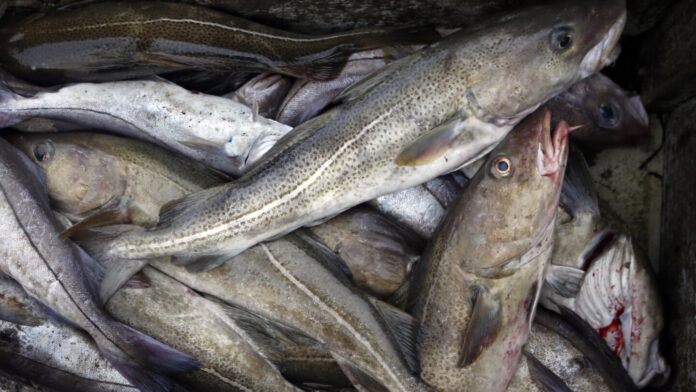“Breaking News: Canadian Government Lifts Newfoundland and Labrador Cod Moratorium After 30 Years”
Introduction:
In a monumental decision, the Canadian government has officially brought an end to the Newfoundland and Labrador cod moratorium, a move that promises to revitalize the economy of the Atlantic coast province and breathe new life into its small communities. After three decades of hardship and uncertainty, this decision marks a significant turning point for the region and its residents.
History of the Cod Moratorium:
The cod moratorium was first implemented on July 2, 1992, in response to the collapsing cod stocks off the northern and eastern coasts of Newfoundland and Labrador. The once-thriving cod fishery, which had been a key economic driver for the province, came to a grinding halt, leaving tens of thousands of people out of work and causing a mass exodus of young residents from rural communities.
The Decision to Lift the Moratorium:
After years of careful monitoring and research, the Fisheries Department determined that the cod stock was no longer in the critical zone for the first time in decades. This paved the way for the government to reestablish a commercial cod fishery in the province, with a total allowable catch of 18,000 tons for the upcoming 2024 season. The decision has been met with both cautious optimism and excitement, with federal Fisheries Minister Diane Lebouthillier expressing hope for the reinvigoration of coastal and Indigenous communities in Newfoundland and Labrador.
Implications and Considerations:
While the lifting of the cod moratorium brings renewed hope and opportunities for the province, it also raises important questions about sustainability and conservation. With the cod stock still in the “cautious zone,” it is crucial that fisheries decisions prioritize regrowth and long-term viability. The total catch of 18,000 tons for the upcoming season represents a fraction of what it was before the moratorium, underscoring the need for responsible and mindful fishing practices moving forward.
Conclusion:
As Newfoundland and Labrador prepares to embark on a new chapter in its fishing industry, it is crucial that all stakeholders, from government officials to fishermen and local communities, work together to ensure the sustainable and ethical management of the cod fishery. The lifting of the moratorium presents a unique opportunity to strike a balance between economic progress and environmental stewardship, setting a precedent for how we can responsibly manage our natural resources for the benefit of present and future generations.
Reference















